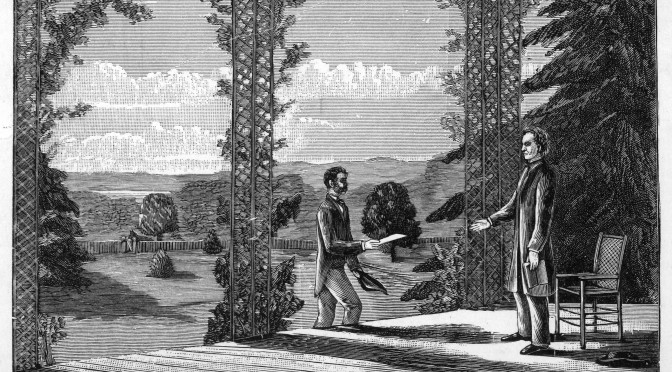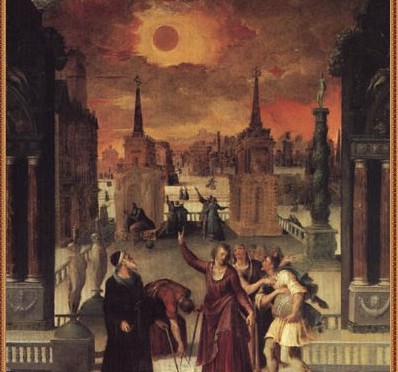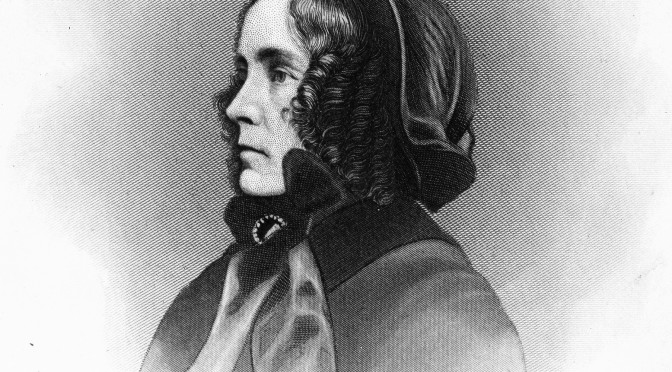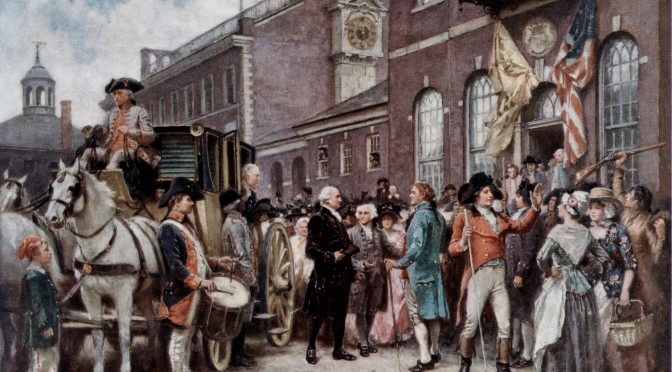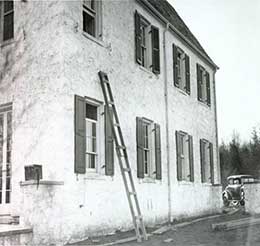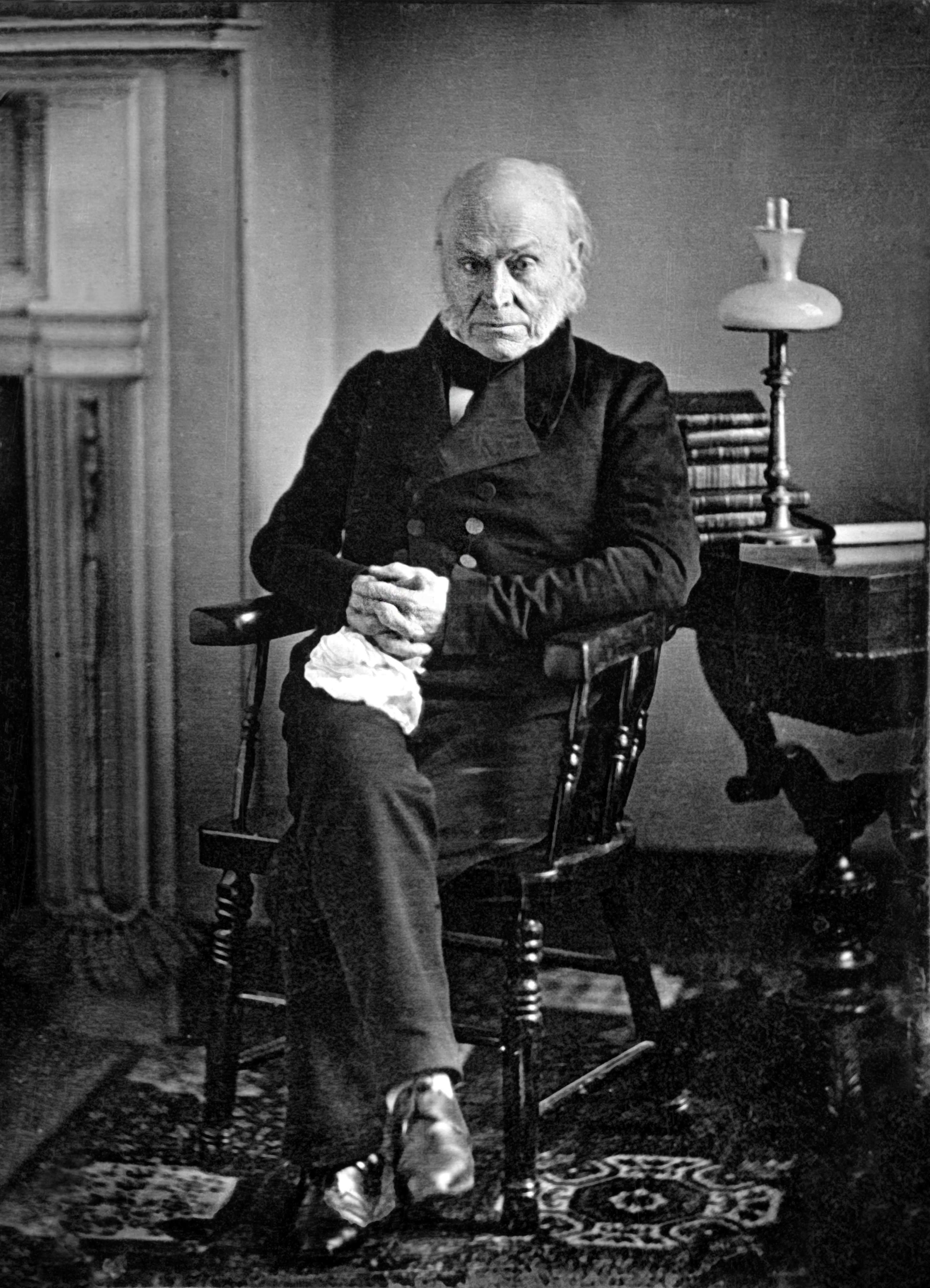In this 2006 monograph, originally submitted as a seminar paper, I attempt to untangle the many strands of legend surrounding the United States’ first presidential vacancy, the 1841 death of the new president, William Henry Harrison, and Vice President John Tyler’s controversial claim that he was entitled to the whole of the presidential office.
On February 10, 1967, the Twenty-Fifth Amendment to the Constitution of the United States was ratified. The amendment addressed a number of pressing though long-neglected issues that had become impossible to ignore in the nuclear age. Section 2 provided a means of filling a vacancy in the vice presidency, a problem that had gone unresolved for nearly two centuries despite more than a dozen such vacancies amounting to a total of nearly forty years. Sections 3 and 4 set forth methods by which presidential disability might be determined, either by the president himself or by others, and provided for the vice president to serve as “acting president” under specific circumstances. Compared to these critically important and timely provisions, Section 1 seems, at first glance, a curiosity. It reads, “In case of the removal of the President from office or of his death or resignation, the Vice President shall become President.”[1]
